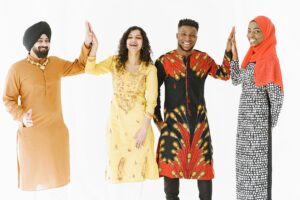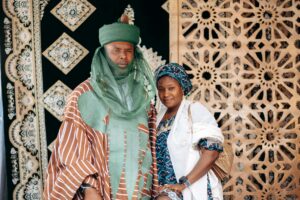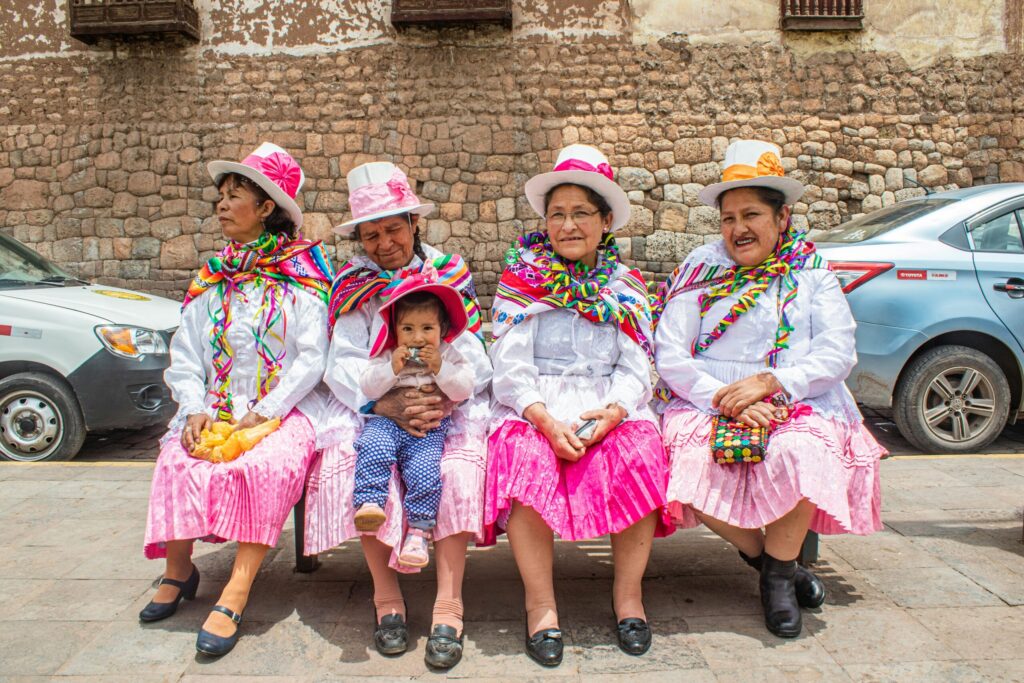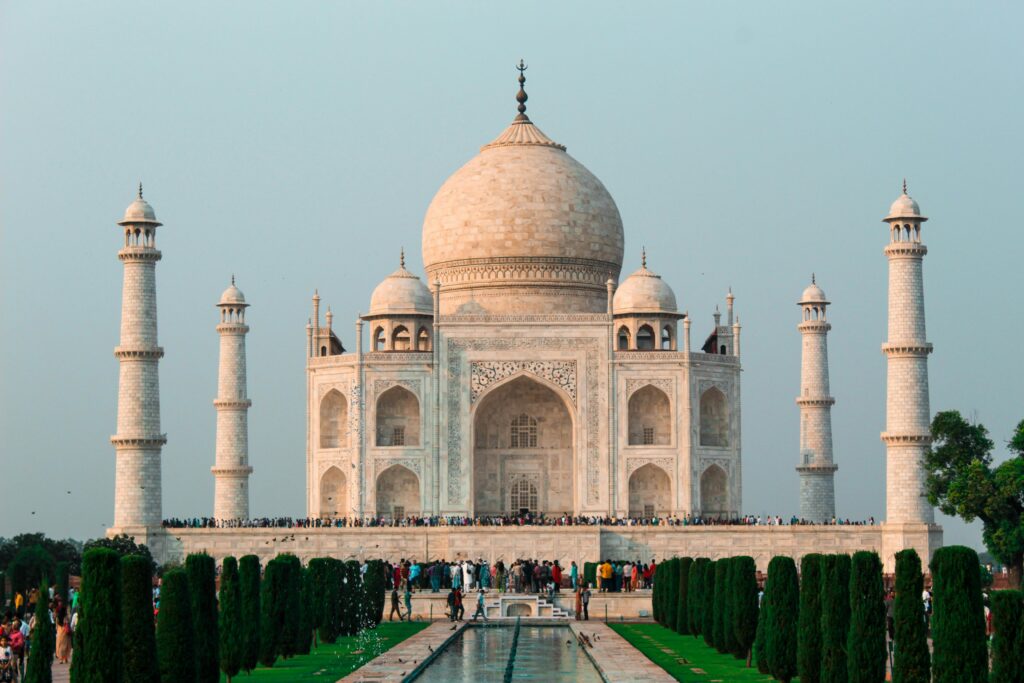Cultural diversity is the presence of different traditions, ethnicities, languages, and religions in a community or society. Cultural diversity is the key motivator of cohesive, innovative, and resilient world societies. Diversity is not merely a human rights or social justice imperative but also the key motivator of economic growth, creativity, and cross-cultural understanding.
The most beneficial aspect of cultural diversity is human experience diversity. When people of different cultures come together, they carry with them their unique perceptions, habits, and worldviews. Such differences of practice and tradition enrich our shared understanding of the world and encourage greater respect for others’ ways. It allows people to listen to a greater range of music, see more art, eat more food, read more books, and learn more philosophy, expanding individual horizons and fostering empathy.
Cultural diversity is also a great driver of innovation and solving problems. Diverse workforces with groups made up of individuals from different backgrounds and ways of thinking will tend to challenge assumptions, create new ideas, and develop creative solutions. Again and again, evidence has shown that diversity-focused organizations are more resilient and successful in international markets. This is due to the fact that culturally diverse teams can leverage a broad array of experiences, i.e., they can better understand and serve customers around the globe.
Socially, cultural diversity increases tolerance and harmony. Where societies make investments in intercultural dialogue and inclusive policies, they establish a platform for respect and cooperation. Education systems incorporating multicultural perspectives allow youth to value and comprehend differences and reduce discrimination and prejudice. Societies without diversity will most likely suffer from social fragmentation, tension, and conflict.
Aside from this, cultural diversity is the basis of the protection of cultural heritage. Each culture has its own languages, traditions, and histories that are part of the collective experience of humankind. Sustaining and protecting the diversity benefits us against losing valuable knowledge, practices, or ways of experiencing the world. UNESCO and other international bodies call cultural diversity the basis of resilience and sustainability, more so in the context of the challenges of globalization like climate change, migration, and war.
But reaching the full potential of cultural diversity takes effort, not recognition. It is not enough to see diversity; there must be real inclusion and equity. It requires pulling down systemic barriers that limit access to opportunity for marginalized groups, open communication, and celebrating differences rather than shying away from them.
Briefly, cultural diversity is a strong asset that makes economies, societies, and minds richer. It inspires creativity and tolerance, and helps save human heritage. By embracing diversity, we create stronger, more dynamic communities that can better face the challenges and complexities of a globalized world. We must still celebrate and protect cultural diversity in the future as a global responsibility.



